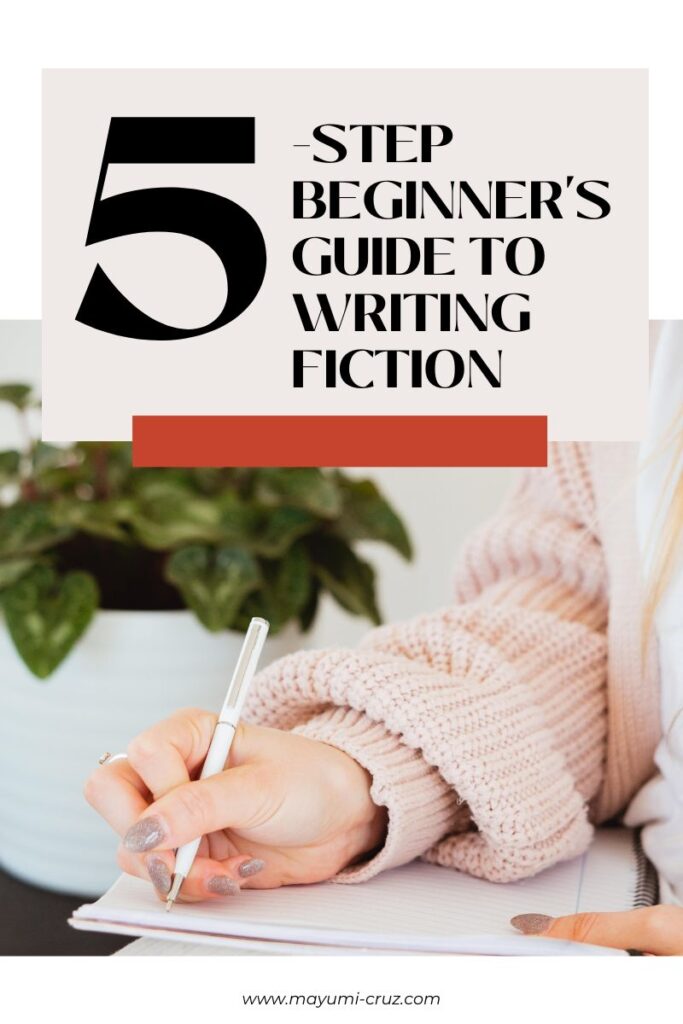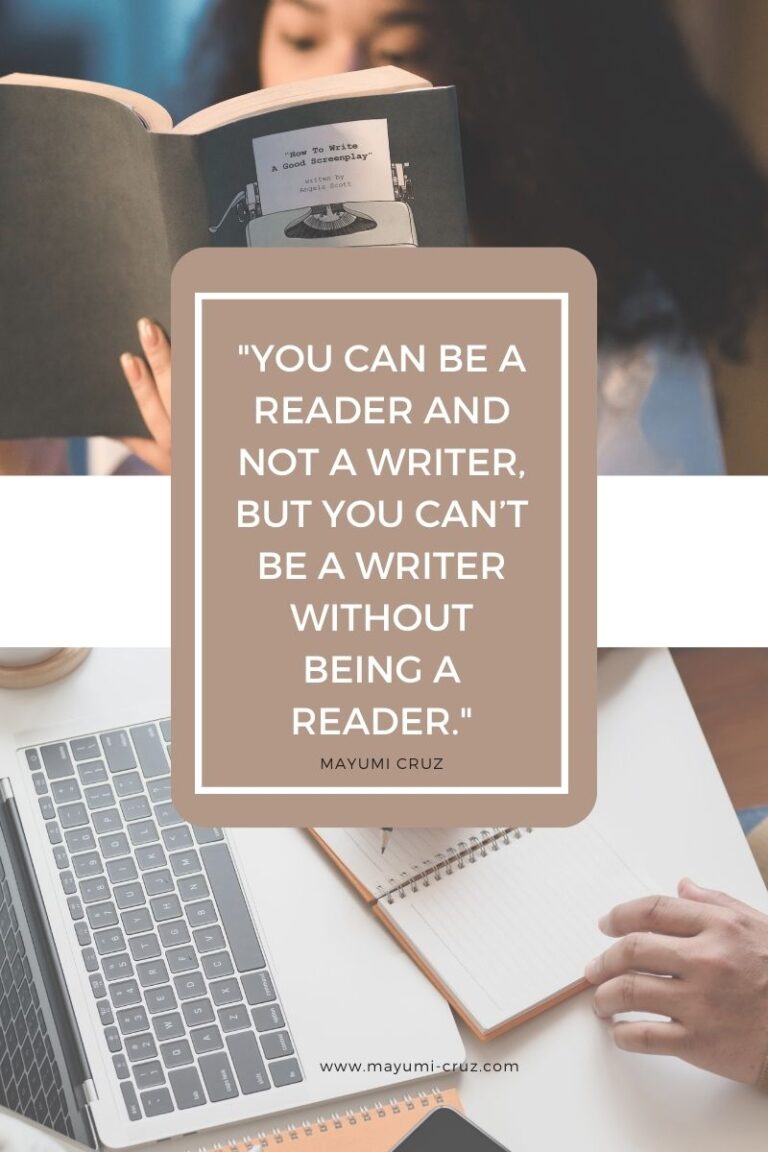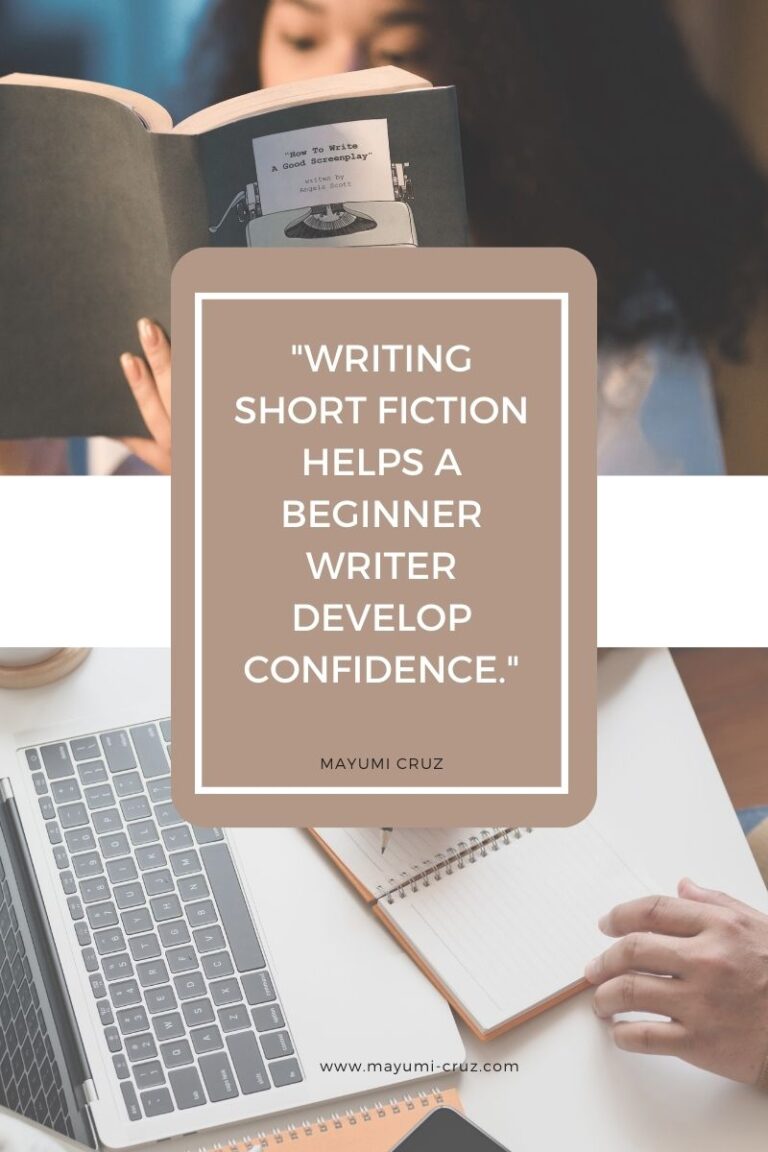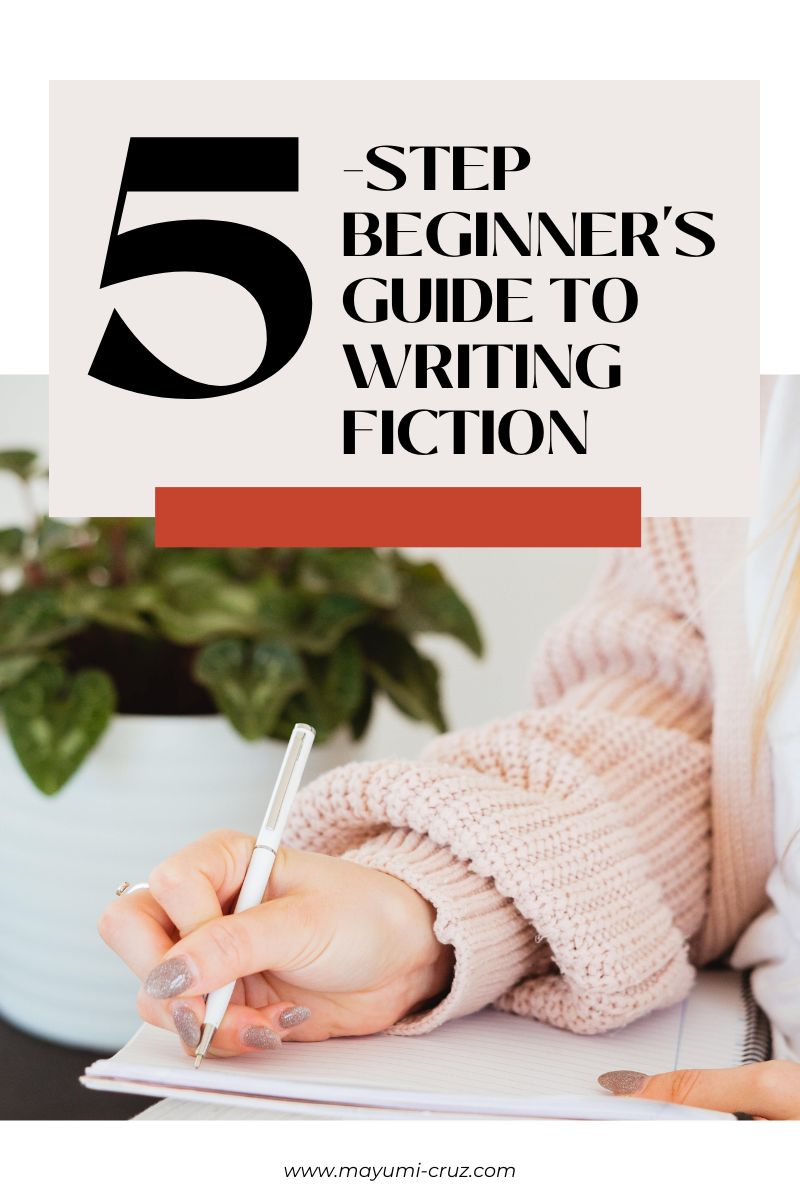5-Step Beginner's Guide to Writing Fiction (2023)

5-Step Beginner's Guide to Writing Fiction (2023) (Part 1 of 3)
Sharing what I’ve learned so far as a writer. (Part 1 of a 3-part series)
In this series of posts discussing a beginner’s guide to writing fiction, I will share what I have learned and experienced so far as a writer. This is by no means exhaustive and comprehensive. My goal is to give motivation and a simple overview of the process so that anyone who wants to write fiction can get started in writing right away.
Do you want to write fiction? Congratulations! You’ve taken the first step to becoming a writer. Having the desire and the commitment to write is better than doing nothing at all to achieve your dream.
While no one is a born writer, each one of us has natural talents that can be nurtured to help us become a writer.
Yes, anyone can put words on paper. But to be able to put words on the page in a clear, intelligent manner, in a way that tells a compelling story—that skill can be developed through learning, discipline, and practice.
What is Fiction?
First things first: let’s define fiction.
Fiction, (is) literature created from the imagination, not presented as fact, though it may be based on a true story or situation. The word is from the Latin fictiō, “the act of making, fashioning, or molding.”
Fiction stories are not true stories. They are literary works created from a writer’s imagination. They are not facts; they are inventions or fabrications of imaginary worlds and make-believe characters. So if you intend to write your own life story, that’s not fiction—that’s non-fiction, the category of literature which presents a historical and factual truth, and that’s not what we’re talking about here.
The difference between fiction and reality? Fiction has to make sense.
The next important question is, how do we write engaging fiction? Stories that will draw the readers deep into them–make them root for or hate the characters, get lost in the world we build, and be involved with the plot?
Here is my proven 5-step guide to get started in writing fiction:
5-Step Beginner's Guide to Writing Fiction
THE 5 R’s
I have learned that to be able to write a compelling work of fiction, it can be helpful to remember five R’s. The first R is:
1. R as in READ
So, you want to be a writer? Well, you need to be a reader first. You can be a reader and not a writer, but you can’t be a writer without being a reader. There’s simply no other way around it. The King wisely puts it like this:
How often do you have to read?
Some may argue that they barely have enough time to write, much less read. That’s understandable – but sadly, unacceptable. If you want to be a good writer, you have to…
Read always.
Read at every opportune time. Read before sleeping. Read while waiting for your ride. Read while in the bathroom. (I do!) Try to squeeze in your reading between chores, between work, between play, between almost everything.
What should you read?
Read a variety of genres.
For this, we have American Nobel Prize laureate William Faulkner’s advice:
Don’t confine yourself to what you’ve gotten used to, or what you’re comfortable with. Like what Faulkner said, if it’s good, you’ll find out. If it’s bad, throw it out the window.

Let’s say you’re always reading and you read a variety of genres. How can that help you be a good writer? Well, you have to do one more thing:
Read as a writer.
Yes, there are times we read to be entertained, to zone out, to feel good—and that’s fine.
But when you’re reading as a writer, you don’t read just to know what happens in the story. You read to learn from the writer.
How? You ask yourself these questions: Why did the writer do that to a particular character or scene? What did he want to convey or achieve? Why did you feel invested in the book and its characters?
You want to figure out what the writer was doing and how he did it. Why is that important in your goal of becoming a good writer? Because before you can learn your own style, you have to learn someone else’s.
Neil Gaiman stated this correctly:
Take note that while we read other’s works to learn about their style, etc., it is never right to plagiarize or copy the work of other writers. Just think of them as your guide.
As time passes by, you will find that you are developing your own style. You will find your own voice in writing.
Now we come to the second R, which is:
2. R as in wRITE
Okay, I know Write doesn’t start with R. I’m just being creative, because this way, it’s easier to remember the 5 R’s of Fiction Writing.
So… Don’t just think about writing. Don’t just daydream about it. Don’t just talk about it.
Just. Write.
But as a beginner writer, you might ask, “What will I write about? I don’t even have a story in mind!”
Well, there’s a very easy writing technique that has, for many times, helped me form a specific plot in mind. It is very useful for beginner writers. This is also used by veteran writers to get out of their mental blocks.
It’s called freewriting. Freewriting involves writing down any idea that pops in your head for a specific time, say, 5 or 10 minutes. It forces you to write down words and sentences even if they’re not related or coherent. If you have a prompt, you can begin with that, too. Just write anything without any thought of grammar, spelling, or direction. Don’t fret about it being perfect. Don’t stop and read it. Finish it in one sitting, until the timer sounds.
Afterward, read what you just wrote. Can you find one or more coherent, related sentences in the mess you’ve created? You can form those into possible story ideas or scenes for a potential story. And even if you cannot find related sentences in what you’ve written, don’t throw them away. You might find use for them in some other time, in some other story idea in the future. Keep on doing freewriting when you feel up to it and in no time at all, you’ll develop a story idea or create an outline of a plot. And, you know what? You’re writing!
For beginner writers, freewriting always often gives way to writing short fiction. If you’re just starting to write fiction, start small (or short). How short or long can fiction be? Here’s a helpful list to remember from a previous post:
• Drabble – exactly 100 words
• Flash Fiction – 100-1000 words
• Short Story – 1,000-7,500 words
• Novelette – 7,500-20,000 words
• Novella – 20,000-50,000 words
• Novel – 50,000-110,000 words
• Epic, also called Super Novel – over 110,000 words [from Writing World]
There’s also what was called Twabbles, stories written in Twitter – which is now X – so I don’t know what to call them right now. You write a story making use of the maximum amount of characters in Elon Musk’s social networking service. Sometimes, I participate in tweeting six-word-stories out of prompts provided by Writerly and other twitter accounts. It’s a good writing exercise.
Writing short fiction helps a beginner writer develop confidence. Short works of fiction can also become chapters to a full-blown novel. Small steps, but steps nonetheless!

Additional tips on Writing
Write as often as you can. You don’t need to write every day or the whole day if it doesn’t fit your lifestyle or your mood. The keyword here is, regularly.
Always have on hand your writing tools. Whatever it is: notebook and paper, smartphone or iPhone, iPad, laptop or whatever. Don’t leave home without it!
When you can’t write, record yourself. Evernote is a wonderful writing app that comes with recording features. You might want to check it out.
So far, we’ve discussed two R’s: R – as in read, and R – as in wRite.
Remember what I told you at the beginning of this post? There are five “R”s in my 5-step system for beginner writers.
In my next post on this series, I’ll be sharing the third “R.”
Hope you learned something from this post!
Thoughts? Comment them below 🙂


Great article! Thank you 🙂 http://answers.yeapf.com/index.php/13481/nentrepreneur-r%C3%A9sidentiel-quelles-sont-ses-fonctions
There?s certainly a great deal to find out about
this issue. I like all the points
you?ve made. https://www.myozen.ca